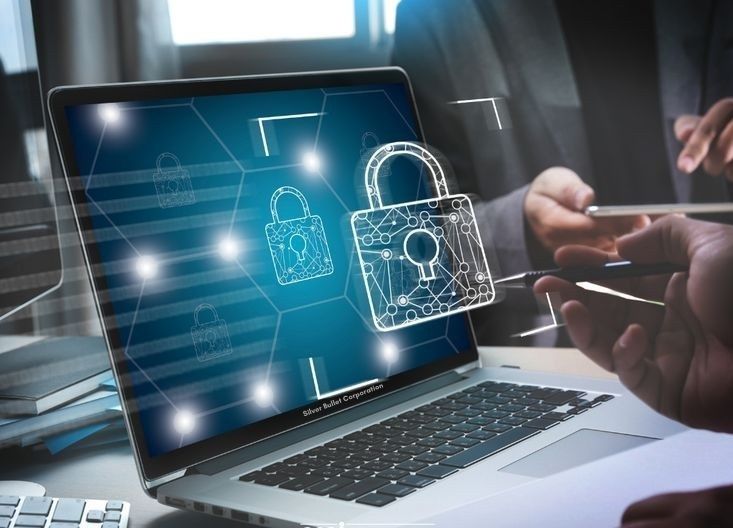Enterprise Managed Security Solutions:
For the most part, there are three broad types of IT security: Network, End-Point, and Internet security.
SBC Zero Trust Security approach provides Multilayer Security for Network and Enterprise critical data.
SBC offers both managed Capex and managed rental Firewall or UTM for Enterprise needs under long term contracts. Our Zero Trust Policy offers: Multilayered and multi-directional security policy to secure Enterprise data at multistage scenarios. SBC fully emphasizes on Email security, application security, DLP and real time Data storage along with Gateway and End point security, to counter any cyber-attack and data security threat.
Our 360o Network security solutions mitigate cyber threat from inside and outside the Organization network. Complete Cyber security for BYOD policy of the organization is also taken care of.



